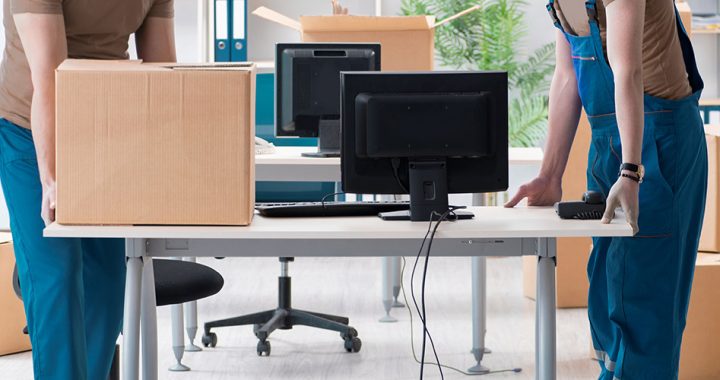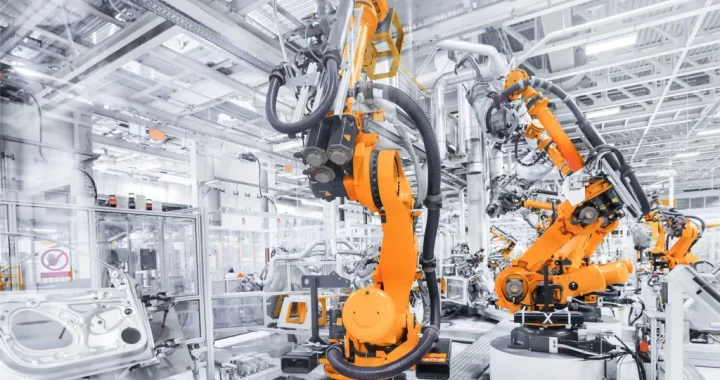From Field to Freezer: The Role of Commercial Freezing Equipment in Food Processing

In the realm of food processing, maintaining the freshness and quality of ingredients is paramount. Commercial freezing equipment plays a vital role in preserving the nutritional value and extending the shelf life of perishable foods, ensuring that they remain safe and flavorful from the moment they are harvested to the time they reach consumers’ plates. Let’s explore the crucial role that commercial freezing equipment plays in the field to freezer journey of food processing.
Achieve the perfect grind consistency with a 3/16 grinder plate, ideal for producing fine ground meat for sausages, burgers, and meatballs.
1. Preservation of Freshness
Commercial freezing equipment is designed to rapidly reduce the temperature of food products, preserving their freshness and nutritional content. From fruits and vegetables to meat and seafood, rapid freezing locks in moisture and prevents the growth of harmful bacteria, ensuring that ingredients retain their natural flavors and textures. By preserving freshness, commercial freezing equipment helps maintain the quality and taste of food products, providing consumers with a superior culinary experience.
2. Extended Shelf Life
One of the key benefits of commercial freezing equipment is its ability to extend the shelf life of perishable foods. By reducing the temperature of food products to below freezing levels, these machines slow down the rate of deterioration and inhibit the growth of spoilage microorganisms. This extends the shelf life of food products significantly, allowing businesses to minimize waste and optimize inventory management. Whether it’s frozen fruits and vegetables or pre-packaged meals, commercial freezing equipment helps ensure that food products remain fresh and safe for consumption for an extended period.
3. Versatility and Flexibility
Commercial freezing equipment offers versatility and flexibility in food processing operations. These machines come in a variety of configurations, including blast freezers, spiral freezers, and tunnel freezers, each designed to accommodate different types of food products and production volumes. Additionally, commercial freezing equipment can be tailored to specific freezing requirements, allowing businesses to customize freezing profiles and achieve optimal results for different types of ingredients. This versatility enables businesses to adapt to changing market demands and diversify their product offerings with ease.
4. Preservation of Nutritional Value
Maintaining the nutritional value of food products is a key consideration in food processing. Commercial freezing equipment preserves the nutritional integrity of ingredients by rapidly freezing them at their peak freshness. This process helps retain essential vitamins, minerals, and antioxidants, ensuring that consumers receive the full nutritional benefits of the ingredients. Whether it’s frozen fruits and vegetables or frozen seafood, commercial freezing equipment helps preserve the nutritional value of food products, promoting health and wellness among consumers.
5. Food Safety and Quality Assurance
Food safety is a top priority in the food processing industry, and commercial freezing equipment plays a crucial role in ensuring food safety and quality assurance. By rapidly reducing the temperature of food products, these machines inhibit the growth of harmful bacteria and pathogens, minimizing the risk of foodborne illnesses. Additionally, commercial freezing equipment is designed with hygiene and sanitation in mind, with features such as stainless steel construction and easy-to-clean surfaces that adhere to strict industry standards. This ensures that food products are handled and processed in a safe and sanitary manner, providing consumers with peace of mind regarding the safety and quality of the food they consume.
In summary, commercial freezing equipment plays a pivotal role in the field to freezer journey of food processing, preserving the freshness, extending the shelf life, maintaining the nutritional value, and ensuring the safety and quality of food products. From fruits and vegetables to meat and seafood, these machines are indispensable tools that enable businesses to deliver safe, flavorful, and nutritious food products to consumers around the world.

 What Happens After Your Security Alarm Goes Off?
What Happens After Your Security Alarm Goes Off?  How Make-Good Services Ensure Smooth Lease Transitions and Compliance
How Make-Good Services Ensure Smooth Lease Transitions and Compliance  The Shift from Concept to Real-World 3D Build Projects
The Shift from Concept to Real-World 3D Build Projects  Effortless Office Moves in Melbourne
Effortless Office Moves in Melbourne  SEBI’s Latest Regulations for Investment Advisory Services in India
SEBI’s Latest Regulations for Investment Advisory Services in India  Exploring the Most Effective Business Services for Entrepreneurs
Exploring the Most Effective Business Services for Entrepreneurs  The Evolution of Industry: From the Industrial Revolution to the Age of Automation
The Evolution of Industry: From the Industrial Revolution to the Age of Automation